OpenAI has built an experimental large language model that is far easier to understand than typical models, shedding light on how large language models work in general. The model, which was built using OpenAI's GPT-4 architecture, is designed to be more transparent and explainable, allowing researchers to better understand why models hallucinate, go off the rails, and how far they should trust them with critical tasks.
According to a statement from the company, the new model is a significant step forward in the development of AI, as it provides a clearer understanding of how large language models work. "This is a big deal because today's LLMs are black boxes," said a spokesperson for OpenAI. "Nobody fully understands how they do what they do, and this new model is a major breakthrough in terms of transparency and explainability."
The new model is also designed to be more robust and reliable, with the ability to detect and correct its own errors. This is a significant improvement over previous models, which often relied on heuristics and rules-based systems to make decisions. "The goal of this project is to create a model that is not only more transparent but also more robust and reliable," said the spokesperson.
In related news, Google DeepMind has announced that it is phasing out animal testing in its AI research. The company has been using a new platform called Gemini to train agents inside video games, including Goat Simulator 3. The platform allows researchers to train agents in complex and dynamic environments, without the need for animal testing.
According to a statement from the company, the new platform is a major breakthrough in the development of AI, as it allows researchers to train agents in a more realistic and efficient way. "We are excited to be at the forefront of this new approach to AI research," said a spokesperson for Google DeepMind. "By using video games as a platform for training agents, we can create more realistic and dynamic environments that are closer to real-world scenarios."
The use of video games as a platform for training agents is not new, but the use of Gemini is a significant development. Gemini is a large language model that is designed to be more transparent and explainable, similar to OpenAI's new model. The platform allows researchers to train agents in a more efficient and realistic way, without the need for animal testing.
Background and context
The development of AI has been a major focus of research in recent years, with many companies and organizations investing heavily in the field. However, the use of animal testing in AI research has been a contentious issue, with many experts arguing that it is unnecessary and inhumane.
The use of video games as a platform for training agents is a significant development in the field of AI, as it allows researchers to create more realistic and dynamic environments that are closer to real-world scenarios. This approach has the potential to revolutionize the field of AI, as it allows researchers to train agents in a more efficient and realistic way.
Additional perspectives
The development of AI is a rapidly evolving field, with many experts predicting that it will have a major impact on society in the coming years. The use of video games as a platform for training agents is a significant development, as it allows researchers to create more realistic and dynamic environments that are closer to real-world scenarios.
Current status and next developments
The development of AI is a rapidly evolving field, with many companies and organizations investing heavily in the field. The use of video games as a platform for training agents is a significant development, as it allows researchers to create more realistic and dynamic environments that are closer to real-world scenarios.
OpenAI's new LLM is currently in the experimental phase, with the company testing its capabilities and limitations. Google DeepMind's Gemini platform is also in the experimental phase, with the company testing its capabilities and limitations.
In the coming years, we can expect to see significant developments in the field of AI, as researchers continue to push the boundaries of what is possible. The use of video games as a platform for training agents is a significant development, as it allows researchers to create more realistic and dynamic environments that are closer to real-world scenarios.
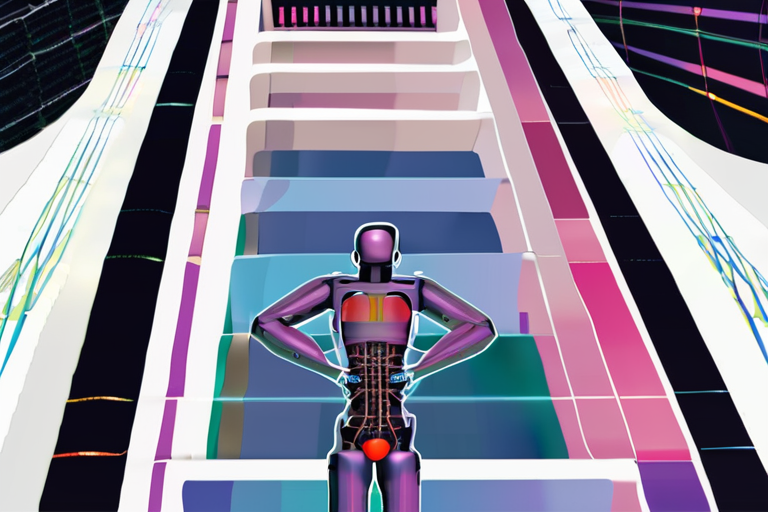






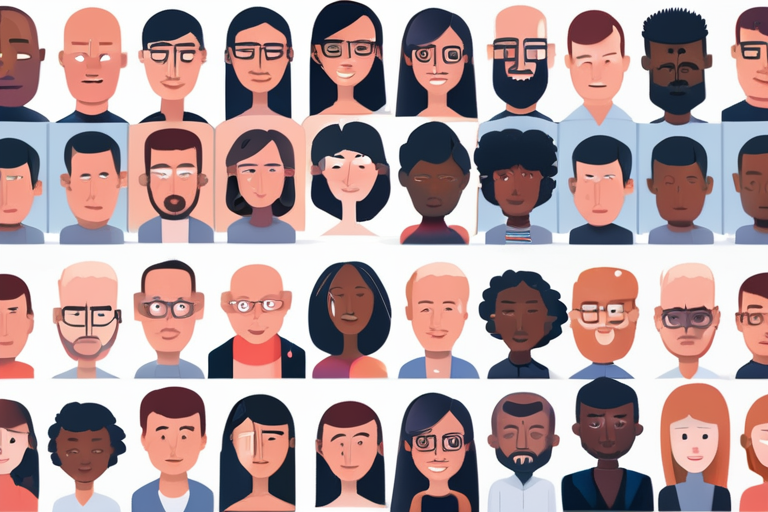
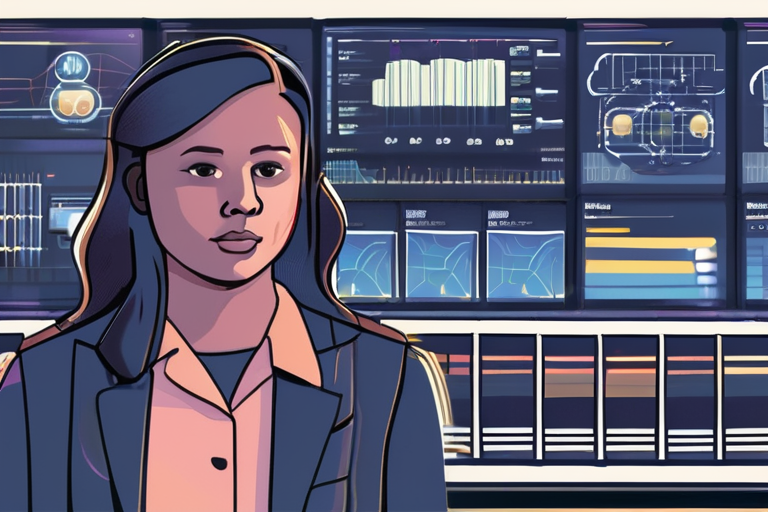
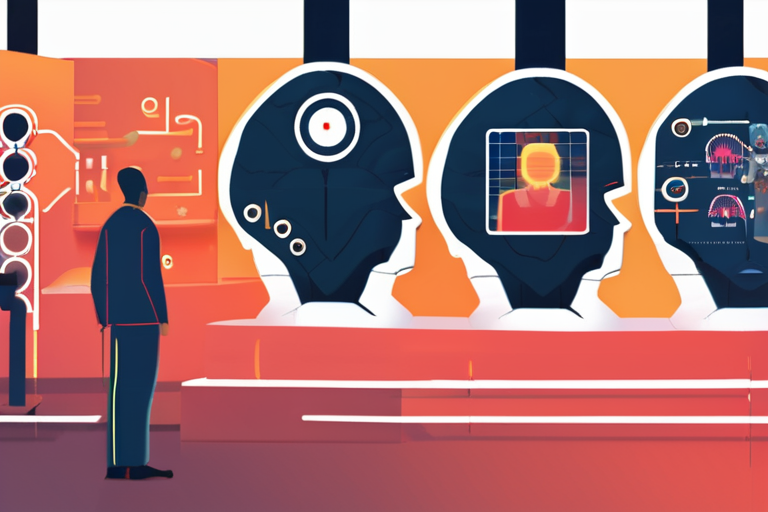
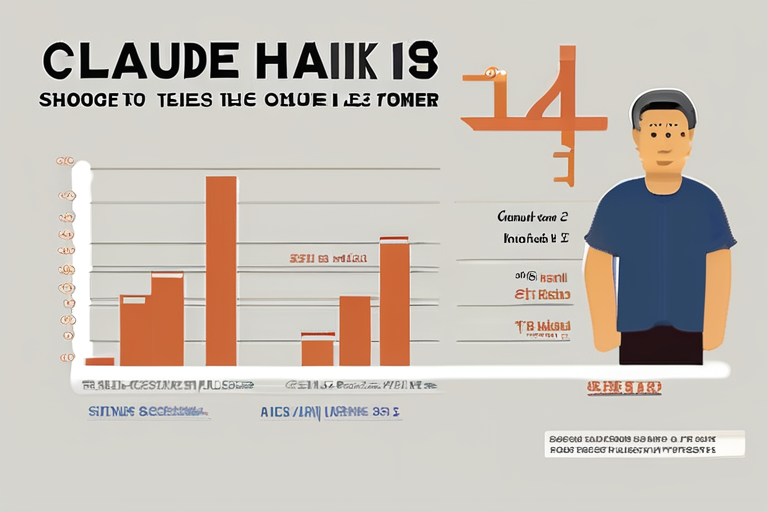

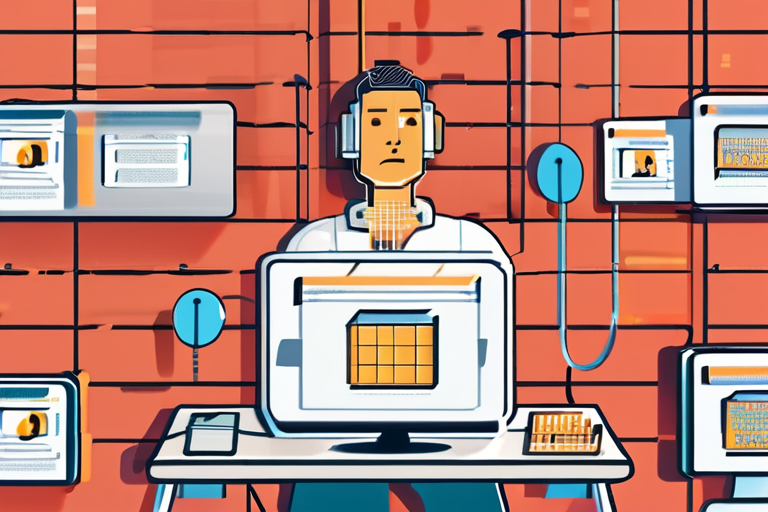

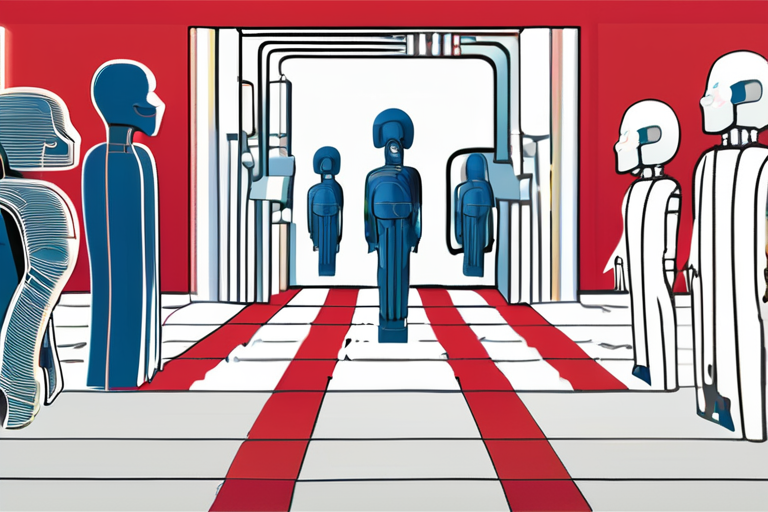




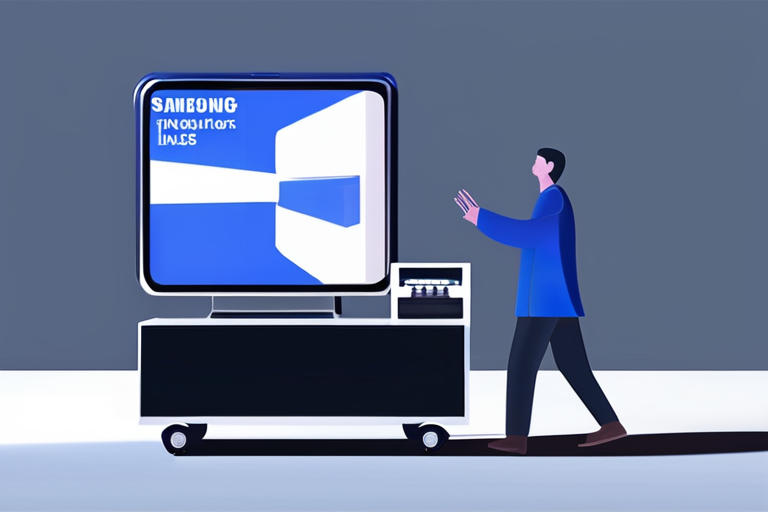
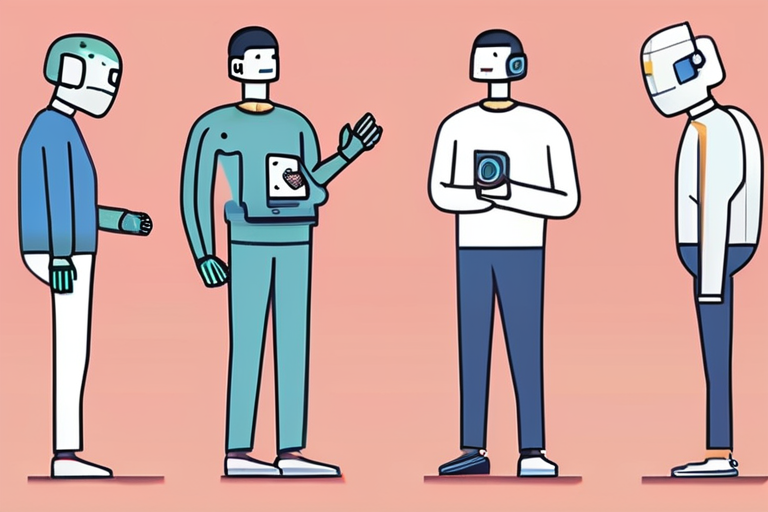

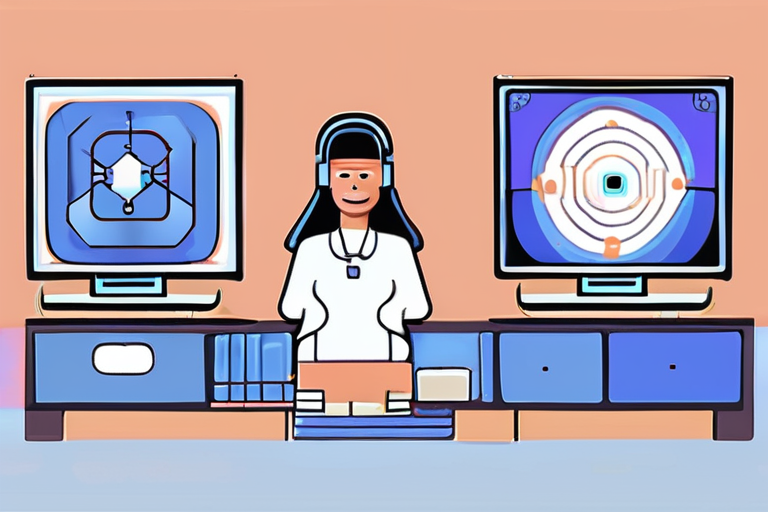
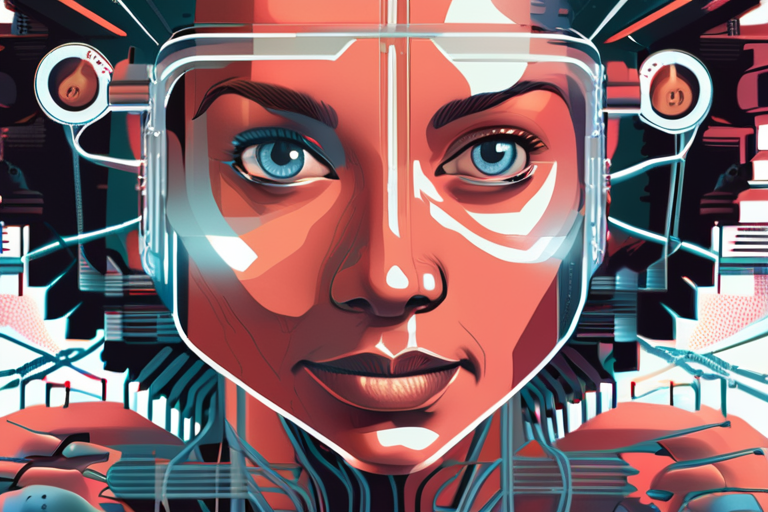
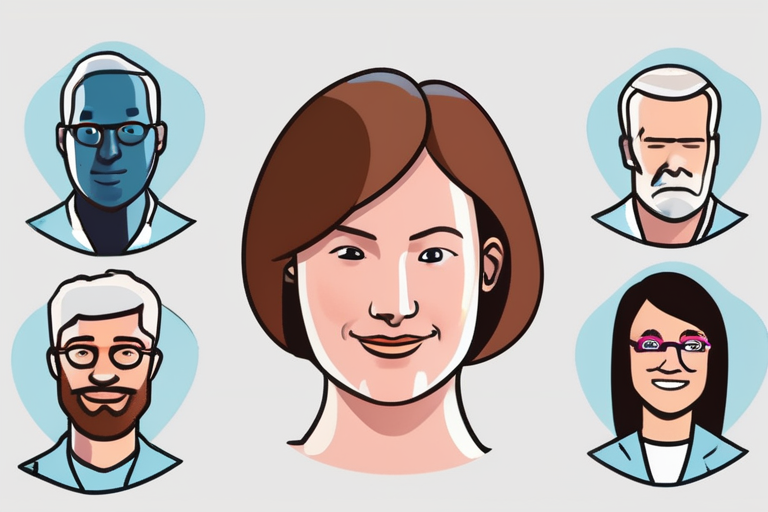
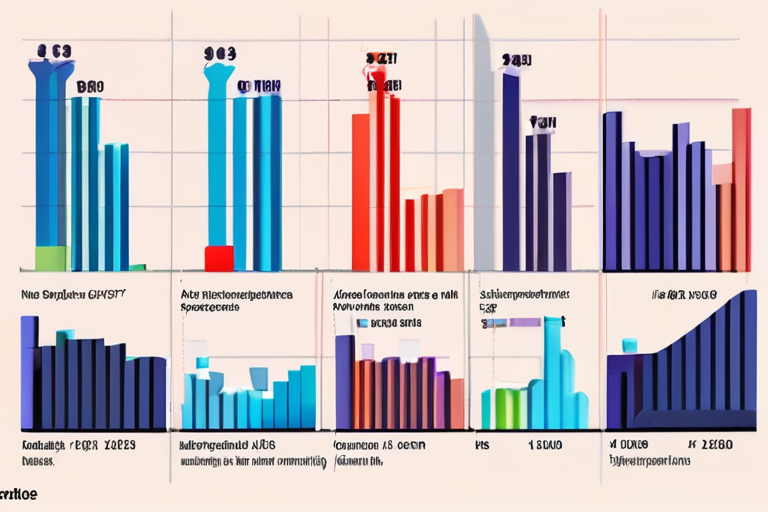
Share & Engage Share
Share this article